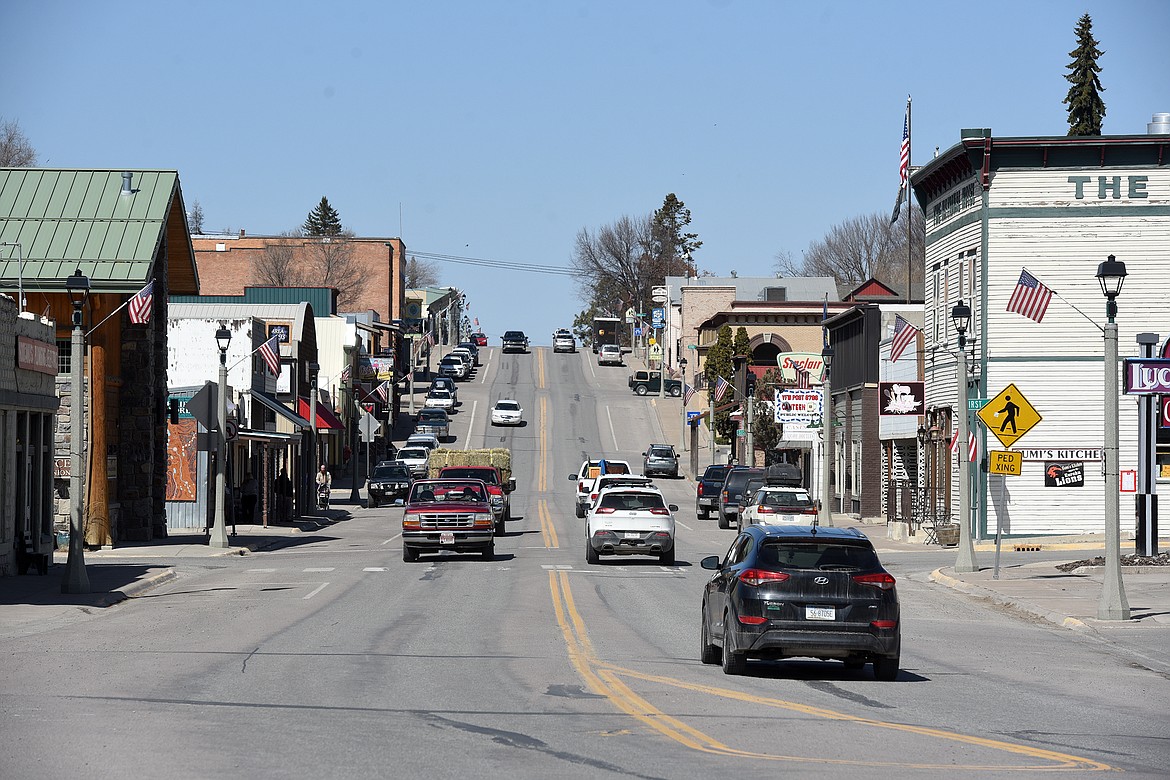Frustration builds in Montana border towns as 'temporary' closure drags on
No one thought it would last this long.
On March 18, 2020, the United States and Canada announced they would "temporarily" close the world's longest border to nonessential travel to slow the spread of COVID-19...
Support Local News
You have read all of your free articles this month. Select a plan below to start your subscription today.
Already a subscriber? Login
Daily Inter Lake - everything
Print delivery, e-edition and unlimited website access
- $26.24 per month
Daily Inter Lake - unlimited website access
- $9.95 per month

